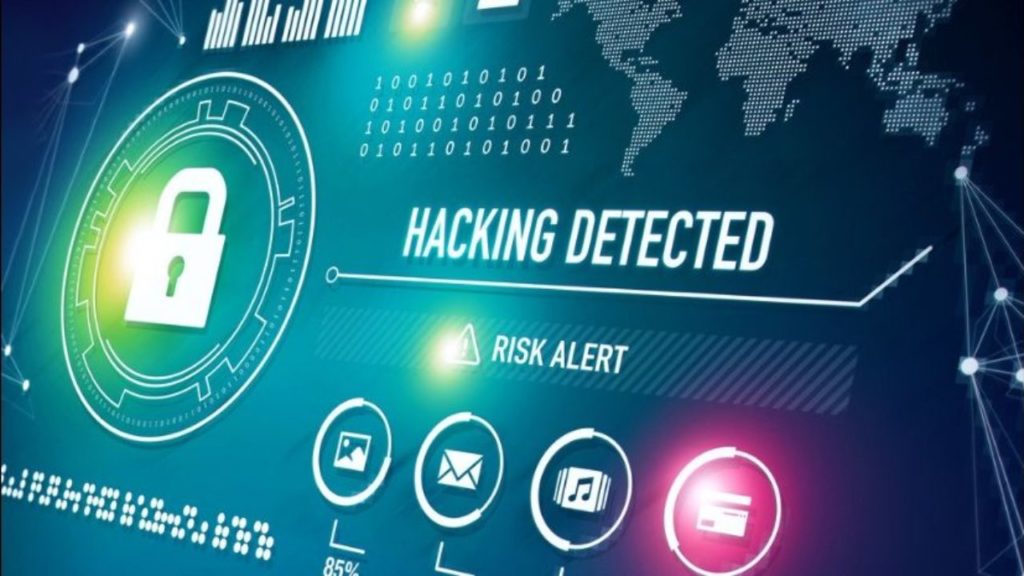India’s Largest Covid-19 Phishing Attack Has Started; Govt Warns Of Fraud Emails Trying To Steal Your Data

While the COVID-19 cases aren’t showing any signs of decreasing, there is more bad news – the Government of India has warned against a phishing attack wherein personal and financial information will be stolen from citizens under the pretext of official communication on the Coronavirus pandemic.
Find out all the details about the Government’s warning about the phishing scam right here.
Government Of India Warns Against Phishing Attack That Will Use Malicious Emails
The Indian Computer Emergency Response Team (CERT) has warned that ‘malicious actors’ will initiate a phishing scam that will begin on June 21. The CERT-In comes under the Information Technology Ministry, which also works on protecting citizens from cyber threats.
In a statement, CERT-In said, “The phishing campaign is expected to use malicious emails under the pretext of local authorities in charge of dispensing government-funded COVID-19 support initiatives.”
As per the statement, these emails have been designed to attract victims to the fake websites where malicious files will be downloaded without the permission or they might also be forced to enter personal and financial information
Personal And Financial Information Will Be Stolen Through Phishing Scam
The statement has revealed that the malicious actors are in possession of two million individual/citizen email IDs and will be sending emails to citizens of Delhi, Mumbai, Hyderabad, Chennai, and Ahmedabad. The emails will be sent with a subject free COVID-19 testing. This will then lead to the victims sharing their personal information.
As per reports, the malicious actors that are planning this attack will be fooling people by spoofing or creating fake email IDs that will impersonate authorities. Also, the email ID ‘[email protected]‘ will be used for the phishing campaign against Indian individuals and businesses.
People have been warned by the cyber security agency to be careful while opening attachments in unsolicited emails even if they have been forwarded by people in their contact lists.
The statement by the CERT-In has been shared by the security agency on their official Twitter account.

Comments are closed, but trackbacks and pingbacks are open.